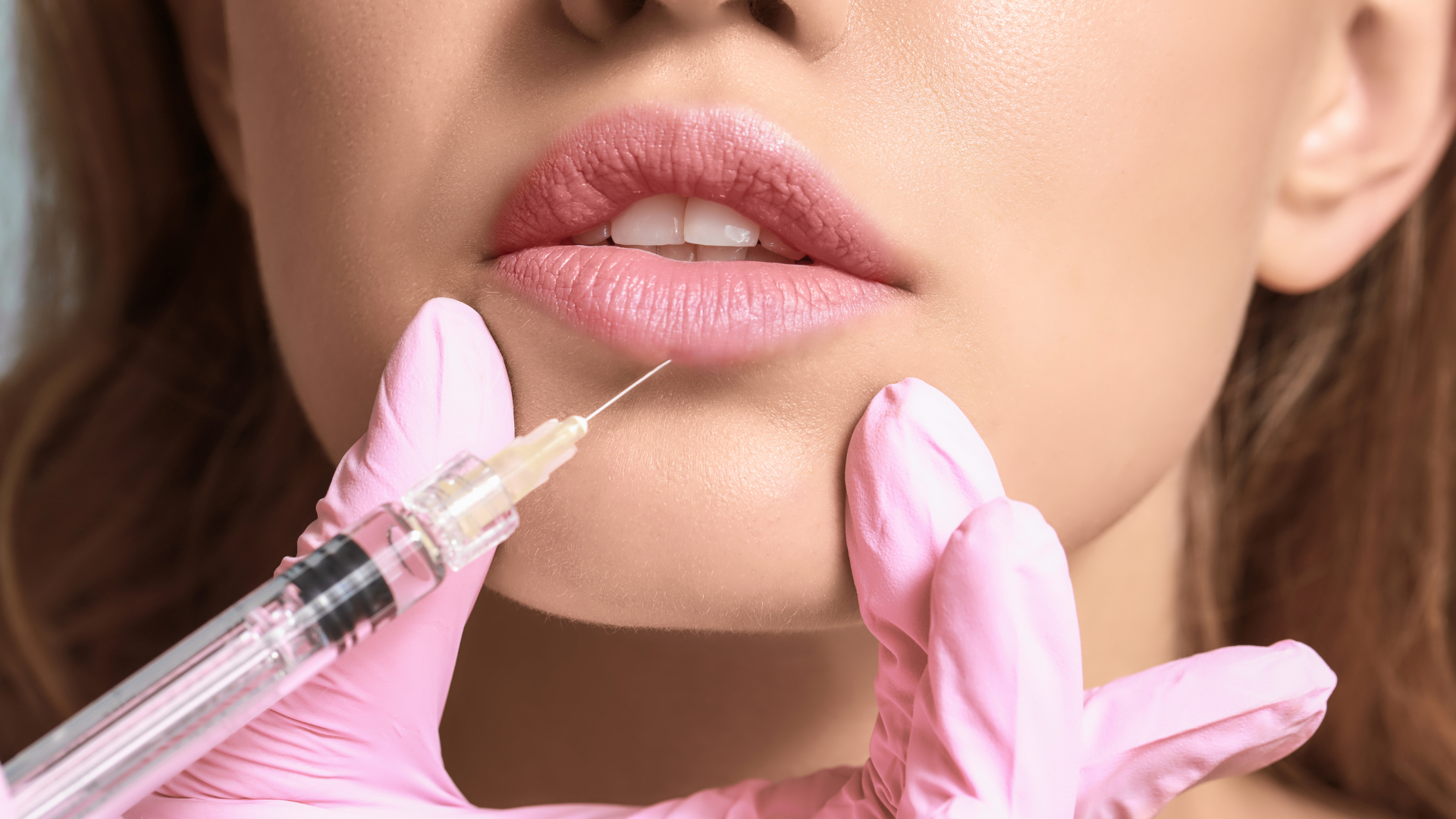Scotland Named as ‘Worst In Europe’ for Unregulated Fillers
Scotland has emerged as a focal point for concerns over the unregulated cosmetic treatment industry, particularly regarding non-surgical procedures like dermal fillers and Botox. This situation has placed Scotland at the center of a troubling trend, with health professionals sounding the alarm over the ease with which individuals can access these treatments without sufficient oversight.
The absence of stringent regulations has allowed a wide array of practitioners, not necessarily medically qualified, to administer treatments that could have significant implications for patient health and safety. The British Association of Cosmetic Nurses (BACN) has expressed dismay at the UK's, and particularly Scotland's, lax approach to regulation compared to other European countries. This regulatory gap has reportedly led to Scotland being labeled as the "worst in Europe" for unregulated cosmetic injections, with concerns that the lack of oversight is contributing to an increase in complications arising from these treatments, such as infections, arterial blockages, necrosis, blindness, and even stroke.
The situation is further exacerbated by social media's role in promoting these treatments, often highlighting affordability and convenience over the qualifications of those administering them. This has led to a significant increase in the number of individuals, including young people from England where such treatments are banned for under-18s, crossing into Scotland to undergo these procedures with minimal scrutiny.
In response to the rising concerns, the Scottish Government has acknowledged the need for enhanced regulation to ensure that only trained and qualified healthcare professionals can carry out cosmetic treatments from hygienic and regulated premises. While intentions to introduce more stringent controls have been stated, specific details and timelines for the implementation of such regulations remain unclear.
Currently, lack of legislation in the UK beauty industry means there’s nothing to stop someone with little or no training from undertaking a fast-track aesthetics course, and establishing themselves as a seemingly professional therapist, regardless of experience. However, due to the invasive nature of aesthetics and beauty treatments, the incorrect application of treatments can result in botched procedures and nasty, irreversible complications.
BABTAC (British Association of Beauty Therapy & Cosmetology) is one of the UK’s leading membership organisations for beauty professionals and campaigns tirelessly to improve regulation in the industry for a safe salon industry for both consumers and therapists alike and continue to warn against the dangers of booking with those who aren’t medically trained.
Lesley Blair MBE, CEO and Chair of The British Association of Beauty Therapy & Cosmetology (BABTAC) comments “Lack of regulation in the beauty industry, coupled with a cost-of-living crisis making low-cost treatments sound all the more appealing, putting consumers at higher risk of exposure to potentially unsafe situations all too often. Given the invasive nature of these treatments, if done incorrectly, injectables can lead to permanent facial damage including blindness, paralysis, distortion and even necrosis of the skin tissue – it’s simply not worth the risk.”
“Over the years, BABTAC have been part of many important conversations and round tables with the Scottish government and industry experts, working towards a shared goal of a safer industry that is backed by robust regulation. As somebody that was born and raised in Scotland, bringing about important change both to my local area as well as nationally is so important.”
The ongoing situation underscores the critical need for robust regulation in the cosmetic treatment industry to safeguard patient safety and uphold high standards of practice. It highlights the urgent call for comprehensive legislative measures that will restrict the administration of such treatments to medically qualified professionals, ensuring that patients are protected from potentially irreversible harm.

